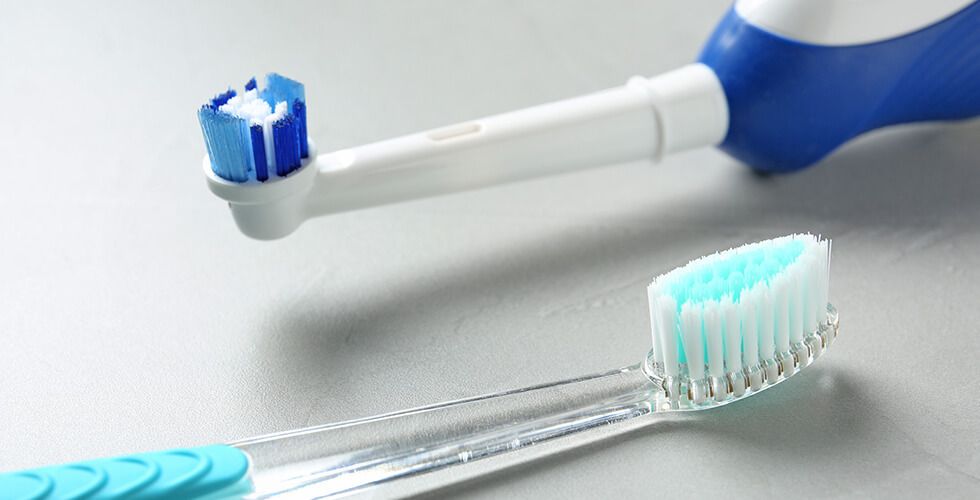
Choosing the right toothbrush is essential for maintaining good oral health, and the decision often comes down to electric vs. manual. While both can be effective, electric toothbrushes have distinct advantages. With oscillating or vibrating bristles, they automate the brushing process, ensuring a more thorough clean with less effort. Built-in timers encourage the recommended two-minute brushing time, while pressure sensors prevent over-brushing, protecting gums and enamel.
Manual toothbrushes, on the other hand, rely entirely on technique, requiring proper pressure, angle, and motion. They’re affordable, easy to travel with, and effective when used correctly. However, studies suggest electric toothbrushes remove more plaque and reduce gum disease more efficiently, making them a smart choice for those who struggle with proper brushing habits.
Electric toothbrushes also benefit individuals with dexterity issues, orthodontic appliances, or those seeking a more consistent clean. The downsides? They’re pricier, bulkier for travel, and may feel uncomfortable for some due to vibrations.
Ultimately, the best toothbrush is the one you’ll use consistently. Whether manual or electric, proper technique and daily commitment to oral hygiene ensure a healthy smile. But if you want a high-tech, hassle-free clean, an electric toothbrush is your best bet.

